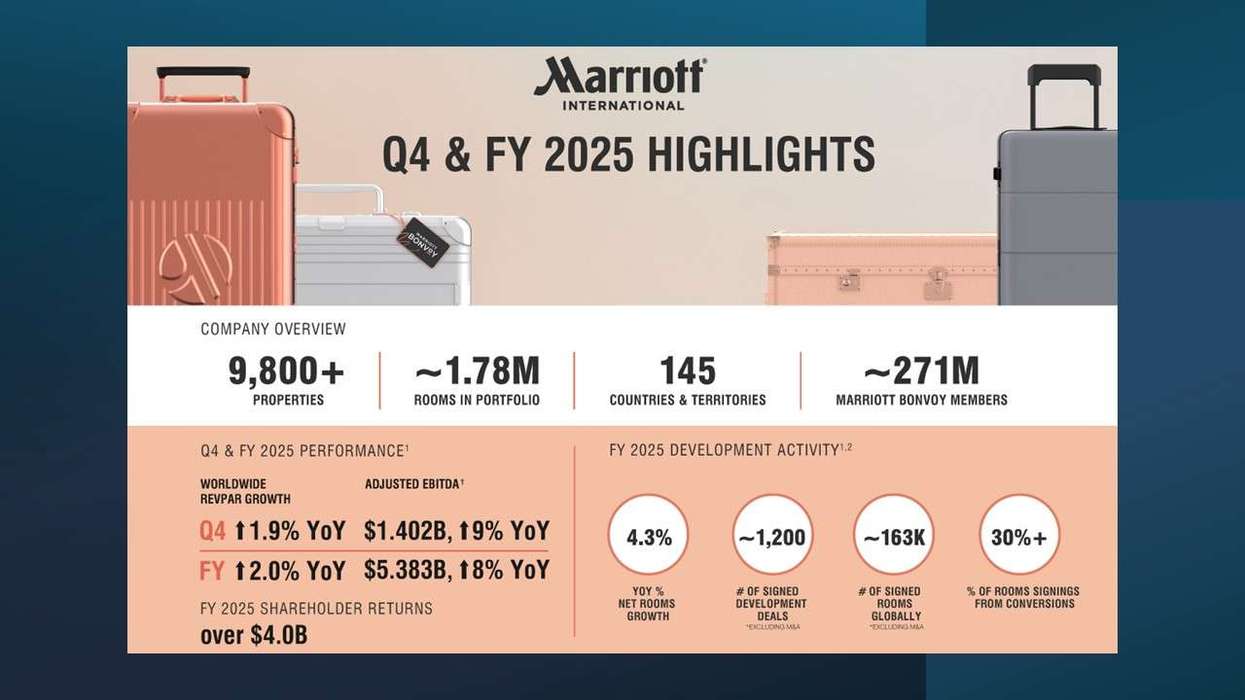NYC Council hotel regulations
NEW YORK CITY Council members recently introduced a bill requiring hotels to obtain additional licenses to operate in the city. However, the American Hotel & Lodging Association called the bill “destructive,” warning it would permanently alter hotel operations and threaten thousands of jobs in the city.
The bill’s sponsors claim it addresses several issues, including prohibiting hotels from using subcontractors for core functions, adopting minimum hygiene standards and committing to policies to prevent prostitution and human trafficking. AHLA urged the council to slow down on the proposed licenses, noting they would decimate the hospitality economy.
“This abrupt and destructive bill would permanently alter how hotels operate and threaten the jobs of thousands of New Yorkers,” said Kevin Carey, AHLA’s interim president and CEO. “If it becomes law, thousands of hotel jobs could be lost, hotels will shutter, and New York City’s economy – especially small business retailers, restaurants, and other hotel service providers – will suffer substantially.”
Carey said the council should take more time to consider the bill.
“The bill imposes workplace rules that should be negotiated at the collective bargaining table and fast-tracking a proposal of this magnitude in the dead of summer without input from hoteliers is policy malpractice,” he said.
‘Hotel complaints double’
The proposed legislation stems partly from complaints to the city about hotels more than doubling in the last four years, according to Councilwoman Julie Menin, the bill’s sponsor, in a report published in NY Daily News. Securing the proposed licenses would require addressing several issues affecting hotels and their neighborhoods.
Menin, who previously served as consumer affairs commissioner under former Mayor Bill de Blasio, said the licenses would be issued by the Department of Consumer Affairs and Worker Protection. Hotels would be required to fulfill several obligations to secure them. If the hotels do not meet those obligations, they would be barred from operating in the city under the bill, she was quoted as saying in the report.
“People are complaining about public safety issues, they’re complaining about a lack of cleanliness, they’re complaining about a lack of front desk security, sanitation issues,” she said. “All of these issues can be addressed through licensing.”
‘Safeguarding subcontracted workers’
The subcontractor restrictions would apply only to core hotel services like cleaning and security, not to restaurants, gyms, or spas, the Daily News report said, citing the bill.
Menin and Rich Maroko, president of the NY Hotel Trades Council, said the legislation is needed to protect non-unionized subcontracted workers, who are sometimes assigned tasks beyond their training and are not always provided with necessary tools, such as cleaning supplies.
“Customers and workers should never have to put up with an environment that fosters dangerous crimes, public health issues, or substandard working conditions,” Maroko told Daily News. “This legislation will help protect guests, workers and local communities by ensuring that hotels live up to reasonable standards in order to do business in this city.”
However, AHLA argues the legislation imposes a one-size-fits-all model that ignores the unique staffing and operational needs of the city’s nearly 700 hotels.
“The legislation’s proposed ban preventing non-union hotels from subcontracting certain functions will ruin the ability of many small-business hotels to maintain consistent operations in this tough labor market,” Carey said. “The association urges council members to take a more deliberative approach to this bill, which would have a widespread negative impact on the city’s workforce and economy.”
The bill, which applies to some hotels used as migrant and homeless shelters, aims to protect workers by instituting sanitary protocols and standards, according to the council members. Hotels would also need to submit a “sanitation policy” as part of the license application process.
AAHOA also expressed concerns about the bill.
"Fast-tracking such a significant proposal without input from the hospitality industry is counterproductive," said Miraj Patel, AAHOA’s chairman. "If passed, this bill would impose undue burdens on hotel owners. One of the most pressing issues facing the hospitality industry today is the labor shortage. By limiting access to approved, available subcontractors for essential functions like housekeeping, maintenance, and security, a hotel's ability to maintain consistent operations will be tougher in this labor market, especially for smaller hotels. Limiting this ability would severely hinder our operations and worsen the workforce shortage."
Laura Lee Blake, AAHOA president and CEO, urged the council to slow down and engage with all stakeholders.
"The hotel industry is already a leader in addressing human trafficking and upholding strict health and safety standards for guests, especially with changes from the pandemic,” she said. “By working together, we can find balanced solutions that support the city's economic health and address workforce challenges without imposing burdens that could negatively impact hotel operations. Collaboration is key."
AHLA recently backed the "Human Trafficking Awareness Training Recognition Act," which aims to increase human trafficking awareness through education.
Editor’s note: This story has been updated to include AAHOA’s response.






